Rather than buying a silicon fabrication plant, Apple may be better suited developing its own proprietary chip logic process technology, a new analysis suggests.
If Apple were to build its own chip development facility for a 10-nanometer silicon process, analyst Gene Munster of Piper Jaffray estimates it would cost the company about $2 billion. In contrast, for Apple to build its own full-fledged chip production facility would run between $5 billion and $7 billion.
As a result, Munster believes it would be in Apple's best interest to develop its own logic process technology rather than buying a factory. He believes Apple could license or sell its own custom process to a variety of foundries, which would allow the company to lower its overall chip production costs.
The analyst also noted in a note to investors on Monday that the number of companies that can develop silicon logic processes is dwindling. By taking on the job itself, Apple could expand its options for future A-series mobile chips, which power the iPhone and iPad.
The note was issued in response to a rumor published last week that suggested Apple had bought in to an unnamed chip fabrication plant, potentially one owned by United Microelectronics Corporation. But Munster doesn't see UMC has a likely fit for Apple, as the company's process technology is behind major chipmakers like Intel, Samsung, IBM and Global Foundries.
The three strongest options for Apple to forge a foundry partnership with would be Samsung, Taiwan Semiconductor Manufacturing Co., and Intel. But Munster also believes those three options are unlikely: Samsung is a major competitor of Apple, TSMC has had issues in developing chips with a 20-nanometer process, and Intel likely does not have the infrastructure or intellectual property to be a foundry for system-on-a-chip designs.
Another potential option would be for Apple to buy IBM's process development operations. Munster said he's heard various rumors over the last month that suggest Big Blue's silicon assets could be up for sale.
Such a move would allow Apple to cut off Samsung as its process development partner. Currently, Apple designs its own silicon, but it is reliant on both Samsung's process development and silicon fabrication abilities.
"Apple could also tailor manufacture processes to their needs as opposed to a broad base of customers," Munster theorized. "IBM has developed a finFET transistor on fully depleted silicon on insulator process (FD-SOI). We believe this is the best process for low power SoC and it would best fit Apple's needs."
The main issue with IBM's silicon group would be execution, the analyst said. While IBM has historically had strong process technology, it has been difficult to use in high-volume manufacturing.
Piper Jaffray has maintained its "overweight" rating for AAPL stock with a price target of $665.
 Neil Hughes
Neil Hughes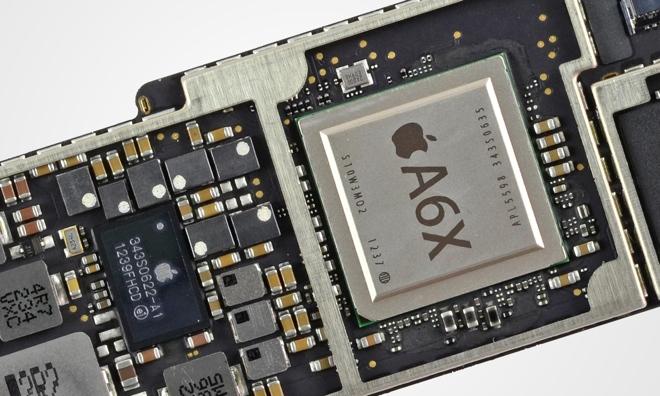


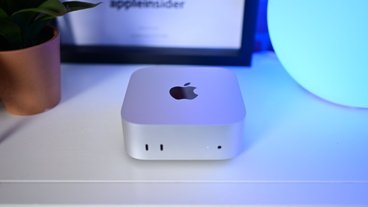
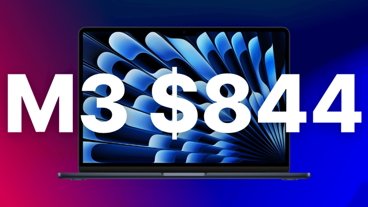


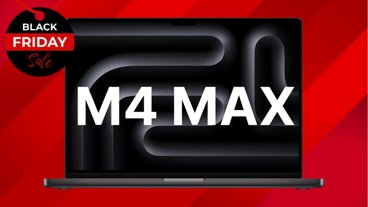






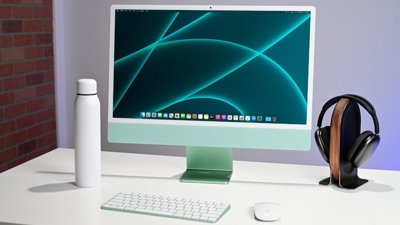
 AppleInsider Staff
AppleInsider Staff
 Christine McKee
Christine McKee
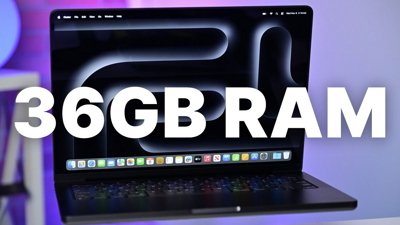
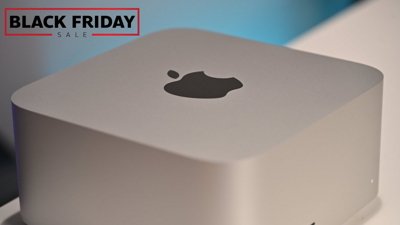


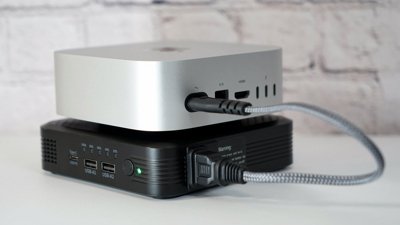
 William Gallagher
William Gallagher

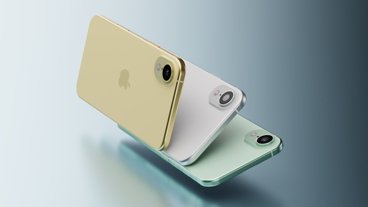







17 Comments
This guy doesn't understand the business. "chip logic" is what Apple already develops. Process technology is not easy. If apple develops new process technology, it can't then just turn around and license it to TSMC or other foundries. The process technology and the fabrication plant design and equipment go hand in hand. The whole foundry is *Designed* around the process technology family. Apple's not an expert in process technology, os there's no way they could invent a new one at 10 nanometers, starting from scratch for only $2B. Basically, to do what this guy is suggesting-- which is what Apple's probably doing-- the best way to do it is to buy a significant stake or ownership of a company with a lot of process technology. Which is exactly what Apple is rumored to be doing. I think they should buy intel, but buying TSMC, or UMC or even Micron (though they don't do CPUs) could be a good call. There is no point in spending $2B to develop a new process for which there are no foundries... becuase then Apple would have to spend the $10B to make a new foundry. Plus if a foundry is going to license it they are going to use it for customers other than Apple, which is not the business Apple is in.
This guy clearly doesn't know what he's talking about: "Intel likely does not have the infrastructure or intellectual property to be a foundry for system-on-a-chip designs." Apple has the SoC intellectual property . The infrastructure Intel or other foundries have is just there to support a specific process. Yes, a design would have to be ported to a process but that always happens ,and is happening every year when they change nodes anyway. Intell has been doing the equivalent of SoCs for over a decade... this is what north bridge etc are, really, in terms of complexity and layout. This is as stupid a comment as those who might say "You can't write an office suite for the iPad". And yet there is Pages, Numbers, etc.
Apple was 'advised' to liquidate and return the cash to it's shareholders. Apple was 'advised' to license it's OS software Apple was 'advised' to stay out of the phone business Apple was 'advised' to allow flash and java on it's smartphone Apple was 'advised' to use Intel chips in it's iDevices Apple was 'advised' to not open retail stores Thanks for the advice Mr Analyst. Now if you were smart enough to run a company that doesn't believe the world revolves around 10Qs, you would. But you aren't, so if you have no track record actually making a company, then why would we take your advice? Sort of like meteorologists... They can look, they can predict, but in the end, they can't make weather, so they are on average... average.
So Apple is supposed to develop a brand new 10nm fabrication process... And then what? That brings us right back to the point that Apple would still need SOMEONE to build all of the chips they need. Worse, one of those people is Samsung, who would no doubt take Apple's process technology and apply it to their own devices.
This guy doesn't understand the business. "chip logic" is what Apple already develops. Process technology is not easy.
Munster suggests that Apple buy IBM's chip process technology (and people), which is about the best in the world and which is rumored to be up for sale. This is not starting from scratch. This seems like a much better use for a few billion dollars of Apple's enormous profits than just giving it back to the shareholders. Then of course they should also hire some of the world's best fab experts and build a fab.